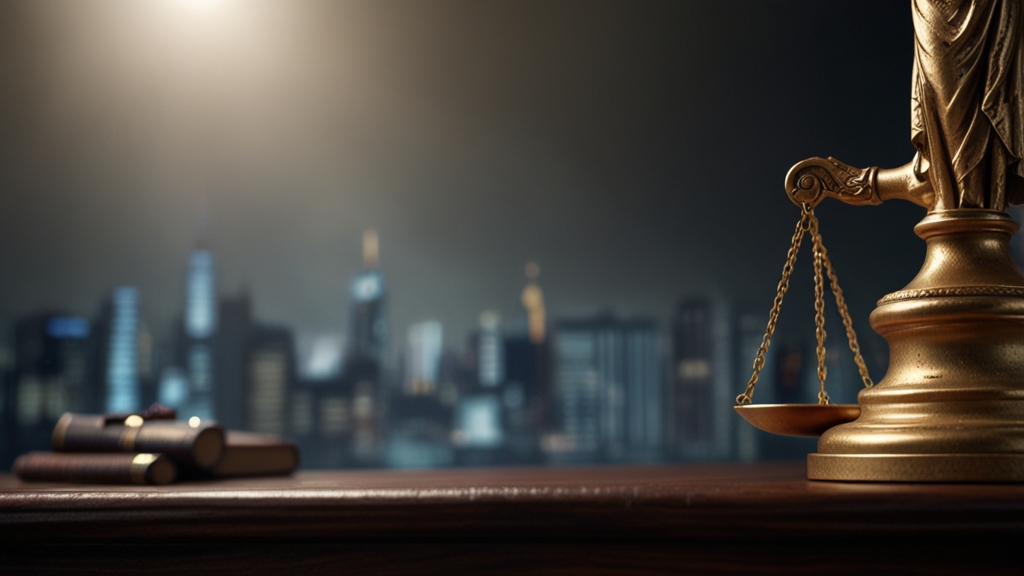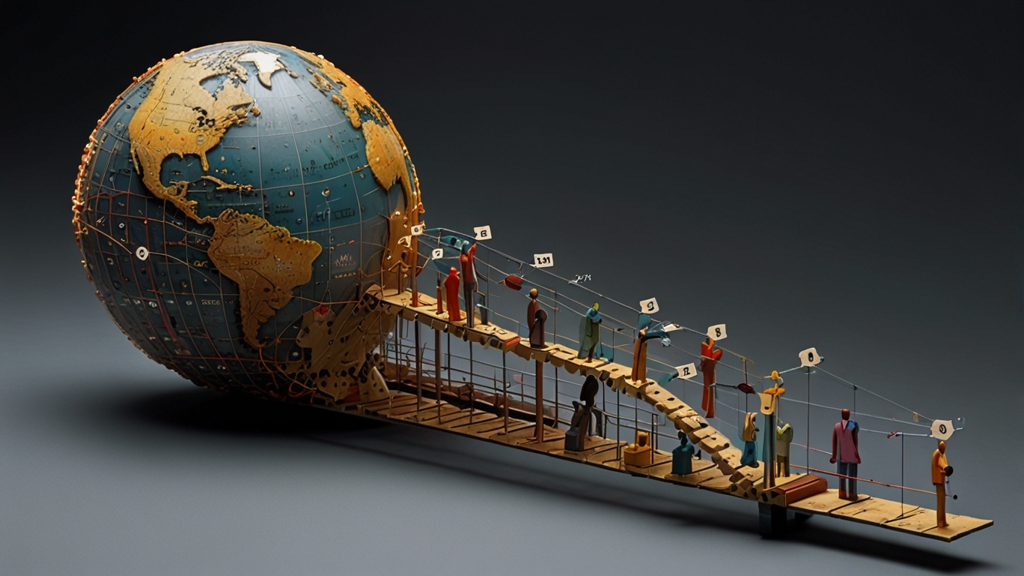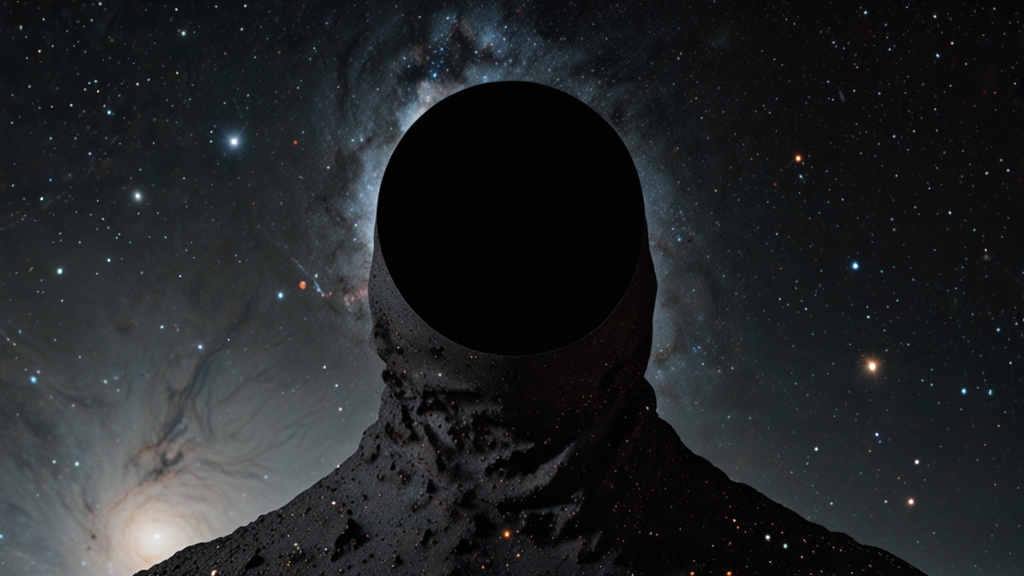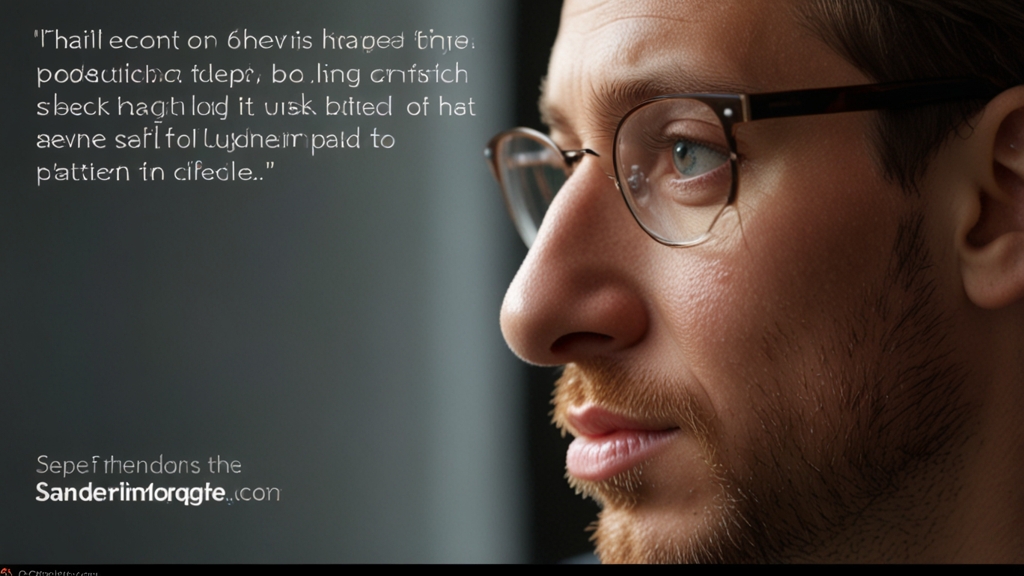Did Leonardo da Vinci Invent Time Travel? Shocking Discoveries
Leonardo da Vinci, the quintessential Renaissance man, is revered for his extraordinary contributions to art, science, and engineering. His genius birthed masterpieces like the "Mona Lisa" and groundbreaking technological sketches that were centuries ahead of their time. But is it possible that Leonardo da Vinci also dabbled in the realm of time travel? Recent discoveries have sparked a flurry of speculation among historians and scientists about this tantalizing possibility.
Unearthing Hidden Manuscripts
The seed of this groundbreaking theory was planted when a cache of previously unknown manuscripts was discovered in an ancient Italian monastery. These manuscripts, attributed to Leonardo, contained enigmatic drawings and cryptic notes. One of the most startling aspects was a series of diagrams resembling modern conceptualizations of time travel devices.
"These drawings are unlike anything previously associated with Leonardo," remarked Dr. Alessandra Ricci, a leading da Vinci scholar. "They hint at an understanding of temporal mechanics that should have been impossible in the Renaissance era."
The Mysterious Chronomotore
Central to the newfound manuscripts is a device da Vinci termed the Chronomotore, which roughly translates to "Time Mover." The sketches show a complex assembly of gears, pulleys, and mirrors, accompanied by annotations that suggest this contraption could manipulate the flow of time. One note reads: "Il tempo è una corrente influenzabile" – "Time is an influenceable current."
"Leonardo's Chronomotore design was astonishingly ahead of his time," states Dr. Michael Harris, a physicist researching the possibility of time travel. "The principles outlined in his drawings align with certain modern theories of spacetime, which is astounding considering the era he lived in."
Analyzing the Evidence
Scholars are divided over the authenticity and interpretation of these documents. Some argue that the manuscripts are elaborate forgeries, designed to capitalize on the enduring mystique surrounding Leonardo. Others maintain that the documents are genuine but interpret them through a symbolic, rather than literal, lens.
However, there is a contingent of credible researchers who believe that Leonardo may have indeed theorized, if not attempted, time travel. Dr. Ricci notes that da Vinci was deeply fascinated by the nature of time and motion, as evident in his numerous studies on perpetual motion machines and celestial mechanics. "He was always trying to understand the fundamental laws of the universe," she asserts. "It's not beyond the realm of possibility that he pondered the nature of time itself."
The Quantum Perspective
Modern physicists have proposed various theories that make time travel a theoretical possibility, such as the concept of wormholes and the bending of spacetime. Could it be that da Vinci had an intuitive grasp of such advanced concepts? Dr. Harris speculates that this might be the case: "While Leonardo wouldn’t have had the language or the mathematical tools to fully articulate these ideas, his inventive spirit and profound observational skills could have led him to conceptualize mechanisms that resonate with modern physics."
Conclusion: The Legacy of a Polymath
Whether or not Leonardo da Vinci truly invented a time travel device remains a subject of intense debate. What is undeniable, however, is his relentless curiosity and unparalleled genius. Leonardo’s ability to envision the future continues to inspire and provoke wonder, centuries after his time.
"Leonardo's mind was a universe in itself," concludes Dr. Ricci. "The discovery of these new manuscripts reminds us just how little we may still know about the breadth of his genius."
"To understand Leonardo da Vinci is to get a glimpse into the infinite potential of human ingenuity," Dr. Harris remarks. "He truly was a man ahead of his time—perhaps quite literally."
In the end, whether Leonardo da Vinci invented time travel or not, the very possibility challenges us to reconsider the boundaries of human imagination and the incredible potential that lies within the human mind.











